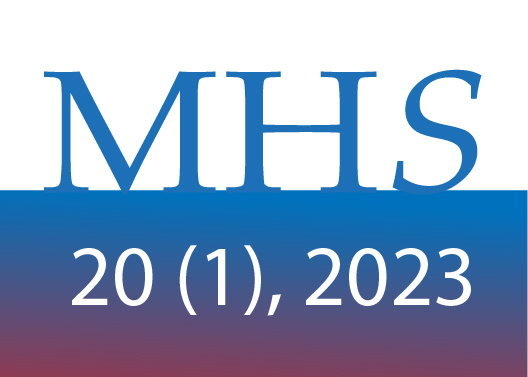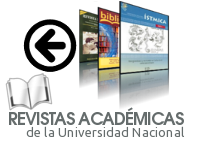Absence of Reliable Screening Methods That Prove the Use of Gene Doping in Sports
DOI:
https://doi.org/10.15359/mhs.20-1.14Keywords:
athletes, physical performance, gene doping, gene doping detection, genetic markers, World Anti-Doping AgencyAbstract
Sport raises the level of human physical activity within the limits of genetic traits. The results of gene therapy have attracted some to think of using its technologies to create an “indomitable athlete.” World Anti-Doping Agency (WADA) applies uncertain genetic testing procedures to establish cases of this type of doping. Yet, if the results of these procedures are doubtful, then doubt must be interpreted in favor of the athlete concerned.
References
Ahmad, A. S. (2012). Criminal Responsibility of Taking Physical Steroids in Sports and Its Effects in Jordanian and Iraqi Law: (A Comparative Study) [Middle East University]. https://meu.edu.jo/libraryTheses/58d7708cc3ea2_1.pdf
AL-Dafrawi, A. S. A. (2018). Taking Physical Steroids in Sport Competitions: (From an Ethical-Legal Perspective). Journal of Political Science and Law, 2(9), 188–206.
AL-Dafrawi, A. S. A., Abdullah, M. A., Zawawi, M., & Ismail, Z. (2019). Taking steroids in the sports field: (Islamic and Conventional Law perspective). International Journal of Muslim World Studies, 17(1), 318–355.
de Boer, E. N., van der Wouden, P. E., Johansson, L. F., van Diemen, C. C., & Haisma, H. J. (2019). A next-generation sequencing method for gene doping detection that distinguishes low levels of plasmid DNA against a background of genomic DNA. Gene Therapy, 26(7), 338–346. https://doi.org/10.1038/s41434-019-0091-6
Dias, R. G. (2011). Genetics, human physical performance and gene doping: The common sense versus the scientific reality. Revista Brasileira de Medicina Do Esporte, 17(1), 62–70. https://doi.org/10.1590/S1517-86922011000100012
Ginevičienė, V., Utkus, A., Pranckevičienė, E., Semenova, E. A., Hall, E. C. R., & Ahmetov, I. I. (2022). Perspectives in Sports Genomics. Biomedicines, 10(2), Article 2. https://doi.org/10.3390/biomedicines10020298
Good, A. (2016). “The Benefit of the Doubt” in British Asylum Claims and International Cricket. In D. Berti, A.
Good, & G. Tarabout (Eds.), Of Doubt and Proof: Ritual and Legal Practices of Judgment (1st ed., pp. 119–140). Routledge.
Patel, S., & Varley, I. (2019). Exploring the Regulation of Genetic Testing in Sport. Entertainment and Sports Law Journal, 17(1), Article 1. https://doi.org/10.16997/eslj.223
Shen, W., & Liang, X. (2021). PHYSICAL EXERCISE IN THE PROMOTION OF GENE THERAPY AUXILIARY EFFECT. Revista Brasileira de Medicina Do Esporte, 27, 779–782. https://doi.org/10.1590/1517-8692202127082021_0360
World Anti-Doping Agency. (2021). World Anti-Doping Code 2021. https://www.wada-ama.org/sites/default/files/resources/files/2021_code.pdf
Downloads
Published
How to Cite
Issue
Section
License
General conditions
MHSalud: Journal in Human Movement Sciences and Health by the Universidad Nacional is cover under a Creative Commons Atribución-NoComercial-SinDerivadas 3.0 Costa Rica license.
The journal is hosted in open access repositories such as the Institutional Repository of the Universidad Nacional, the Kimuk Repository of Costa Rica and La Referencia.
The editorial source of the journal must be recognized. Use the doi identifier for this purpose.
Self-archiving policy: The journal allows the self-archiving of the articles in their peer-reviewed version, edited and approved by the Editorial Board of the Journal to be available in Open Access through the Internet. More information in the following link: https://v2.sherpa.ac.uk/id/publication/25815



















